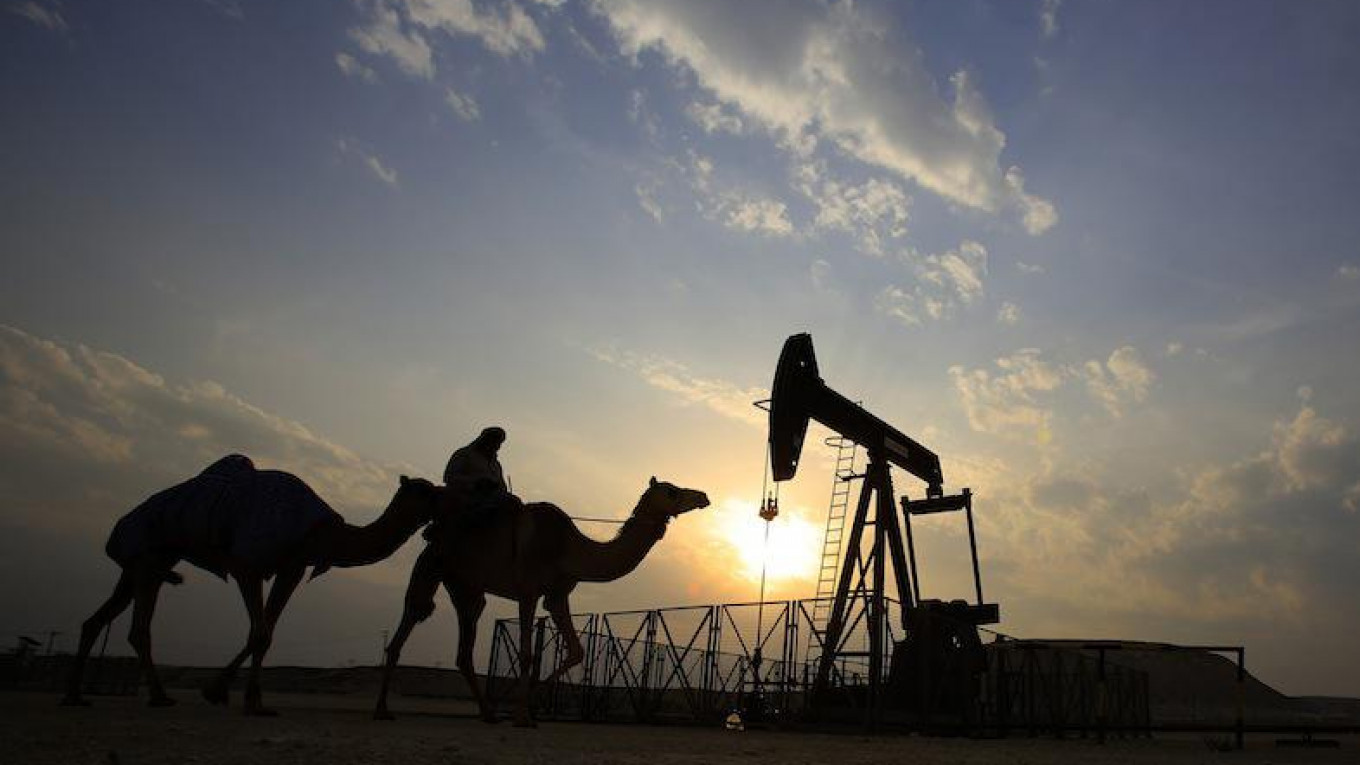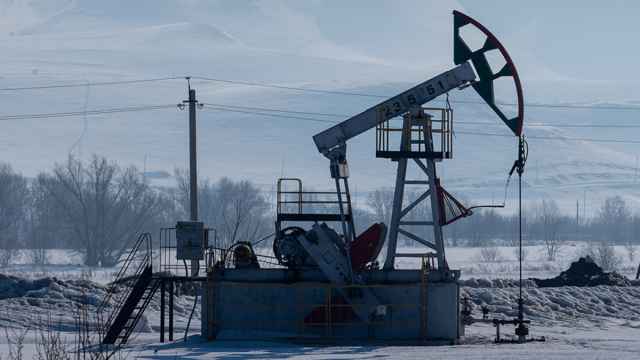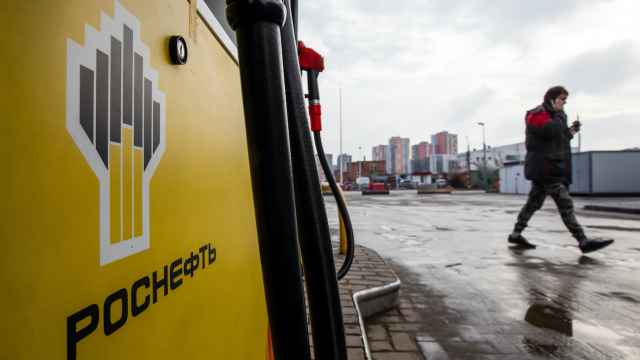It may seem like OPEC is back in the game again. Global oil bosses gathered around a table playing energy geopolitics and taming disobedient oil markets – all like in the good old days of the cartel’s omnipotence. For over two years markets and media had been whetting their appetites and waiting for this to happen. Now when the decision is finally on the table, it seems to draw support from the most unexpected benefactors. For instance, the Bank of Japan may benefit from the announcement because a higher crude price may bring the country much-needed inflation. The European Central Bank is in a good mood for the same reason. It feels almost like an oil production freeze could pour rain over the world economy and revitalize the green shoots of growth.
It all sounds fair until you look into the details. The crucial question is: who will cut? First, just to be clear, no formal decision has been reached so far – this was just a rehearsal for the real deal. The official OPEC gathering in Vienna will take place in November. And a lot can happen between the two meetings. Then there is the never-ending saga of the Saudi-Iranian negotiations. The agreement in Algiers was presented as if Iran gave in to mounting pressure. But the opposite is true: Saudi Arabia softened its stance as if out of sympathy for Iran whose production had been capped by sanctions for years. So now Iran will get what it was asking for: a permission to pump above its current production levels. Libya and Nigeria are exempt too as victims of ongoing internal conflict.
Perhaps Russia will jump onto the OPEC bandwagon? Officially it may pay some lip service but actions speak louder than words. Just before the Algiers meeting news came out that Russia’s crude production reached record high levels hitting the mid-80s mark for the first time in over a quarter of a century. For many in Russia it may be a cause for celebration but it is also a very strange way to join a production freeze. So then it is back to square one: Saudi Arabia and its Gulf allies, chiefly Kuwait and the UAE. The production corridor announced at the meeting is between 32.5 and 33 million barrels a day. So the anticipated cut would be around 300,000 - 500,000 barrels a day to be taken off the market.
That volume is comparable with Saudi Arabia’s seasonal oil production decrease – it is using less electricity to cool homes in winter. The OPEC summit in Vienna in November will coincide with the Saudi switch to the energy saving mode. Clever timing then. But if the much anticipated production freeze amounts to Saudis scaling down on air conditioning – that’s much ado about not so much. To achieve just that there was no need for such laborious negotiations.
In order to have a meaningful impact on the price the cut would have to be more significant. Perhaps up to ten times what the Saudis can offer – around 3-4 million barrels a day. And even then the effect would probably not last long. What would happen is the following: the brief surge in oil prices plus the vacant market share made available by the OPEC cut would allow U.S. shale developers to pump increased volumes of oil. Other producers not bound by the cartel’s quotas – Russia, Norway, Brazil and Mexico – will also jump on the opportunity. This crude would eventually fill the market niche vacated by OPEC and thus effectively make the production freeze meaningless.
What was the whole point of meeting in Algiers then? There are two likely answers. First, OPEC leaders are trying to pre-empt what would for many of them turn out to be a nightmare – another slump in crude prices. Yes, that’s right, amid all the talk about price recovery there is also a risk of the exact opposite. Should the Fed go ahead with its plans and raise interest rates – that would cause dollar appreciation and a consequent decrease in dollar-denominated oil prices. And unlike oil supply, OPEC members have no influence on the Fed’s policy.
So OPEC leaders are doing everything they can in order to create a constant stream of bullish news which would divert market attention from Fed’s policies and thus prop up the value of oil futures. But it could prove a short-lived policy: each time OPEC and other oil producers default on yet another promise to cut production (the previous one in Doha did not materialize) – market excitement about the next such attempt is getting weaker.
The other reason has more to do with nostalgia than economic reasoning (yes, oil politics does not have to be strictly rational). It is an attempt to resurrect a global oil industry which is governed by state leaders. Oil veterans have a longing for the times when one grand geopolitical deal could triple oil prices within a matter of weeks, as happened during the Yom Kippur War in 1973. The likelihood of a comeback of such a system is minimal. However, the lure of the good old days is so great that some politicians keep trying to restore it despite all odds.
Peter Kaznacheev is an energy economist at Khaznah Strategies and formerly a senior advisor in the Russian Presidential Administration (2002 – 2005). He is director of the RANEPA Center for Resource Economics, a think tank.
A Message from The Moscow Times:
Dear readers,
We are facing unprecedented challenges. Russia's Prosecutor General's Office has designated The Moscow Times as an "undesirable" organization, criminalizing our work and putting our staff at risk of prosecution. This follows our earlier unjust labeling as a "foreign agent."
These actions are direct attempts to silence independent journalism in Russia. The authorities claim our work "discredits the decisions of the Russian leadership." We see things differently: we strive to provide accurate, unbiased reporting on Russia.
We, the journalists of The Moscow Times, refuse to be silenced. But to continue our work, we need your help.
Your support, no matter how small, makes a world of difference. If you can, please support us monthly starting from just $2. It's quick to set up, and every contribution makes a significant impact.
By supporting The Moscow Times, you're defending open, independent journalism in the face of repression. Thank you for standing with us.
Remind me later.








